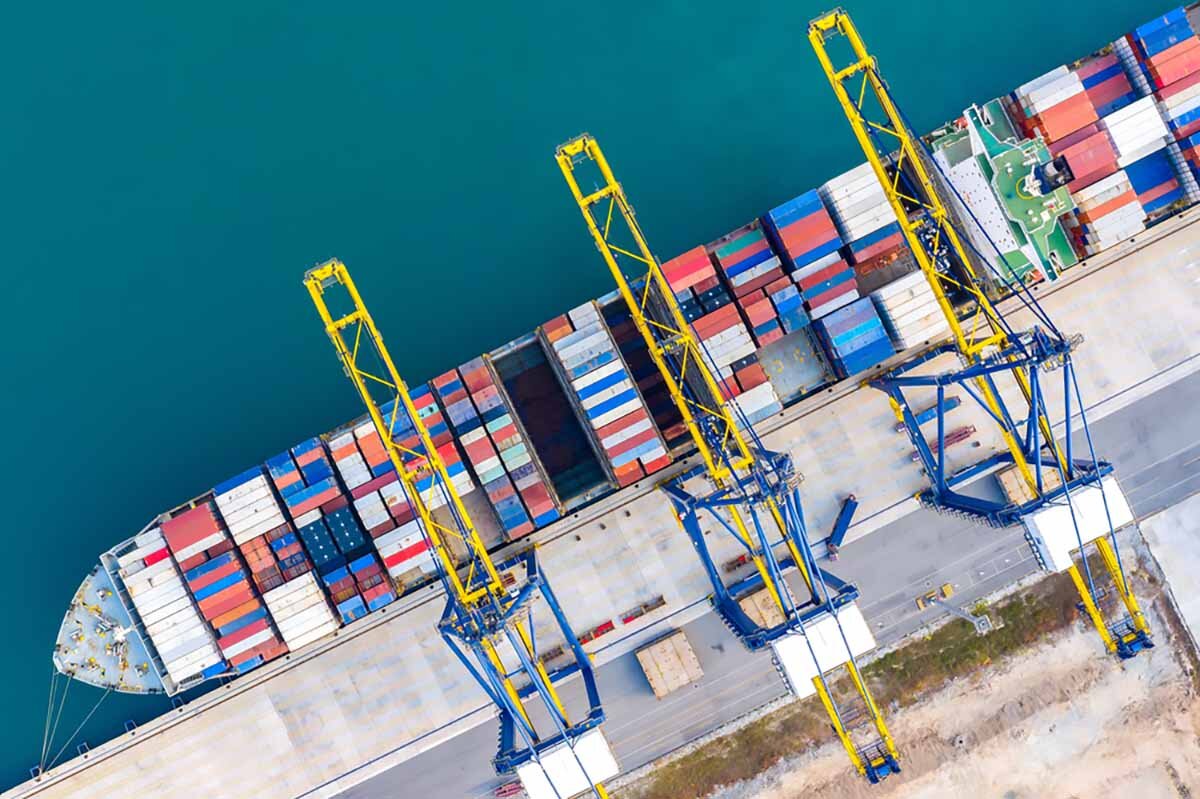Exporter: Malaysian case provides some Basel clarity
/Updated: April 7, 2021 by Colin Staub, Source: Plastics Recycling Update
Malaysian authorities recently approved a container of clean PE scrap for import from U.S.-based Sigma Recycling. | UNIKYLUCKK/Shutterstock
A high-profile scrap plastic shipment from the U.S. to Malaysia was accepted after the importing country’s government said it contained clean, sorted material. The situation demonstrates the complexities in interpreting new plastic shipping regulations.
The recent shipment to Malaysia gained attention through a New York Times article and warnings from environmental advocacy groups including the Basel Action Network. The load was sent by Sigma Recycling and left the port of Los Angeles in mid-February, according to The New York Times story.
Malaysian government officials in mid-March said the load would be rejected and returned to the U.S. A spokesman for Malaysia’s environment department told Reuters the shipment was not in line with the Basel Convention amendment regulating the global trade in scrap plastics.
The Basel Convention, an international treaty regulating waste shipments, began regulating scrap plastic this year. Under the regulations, exports of mixed loads of plastics Nos. 1-7 require notification and consent by the receiving country. Loads of some clean, separated plastics are generally not subject to the new criteria. However, because the U.S. is not a party to the Basel Convention, under some interpretations the country is barred from trading any scrap plastic with Basel parties, such as Malaysia.
Despite that potential prohibition, export data indicated scrap plastic exports from the U.S. to non-party countries continued during the first month of this year. Malaysia was the second-largest importer of U.S. material that month.

